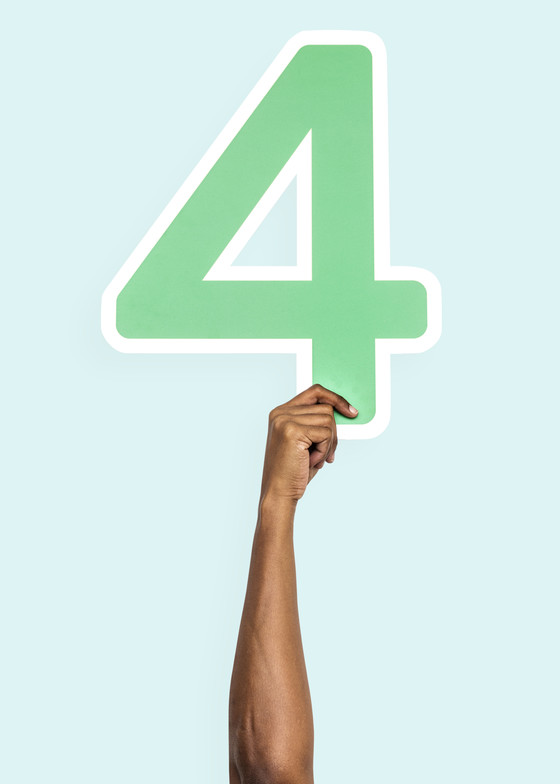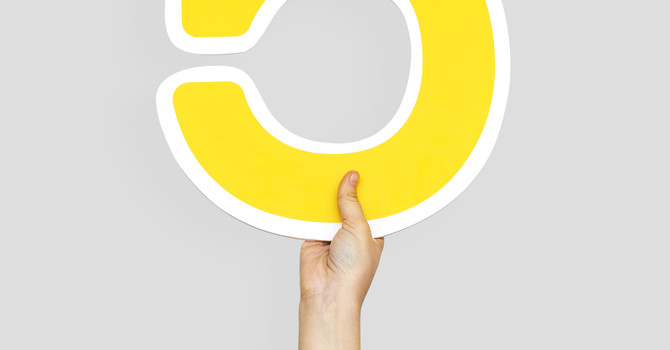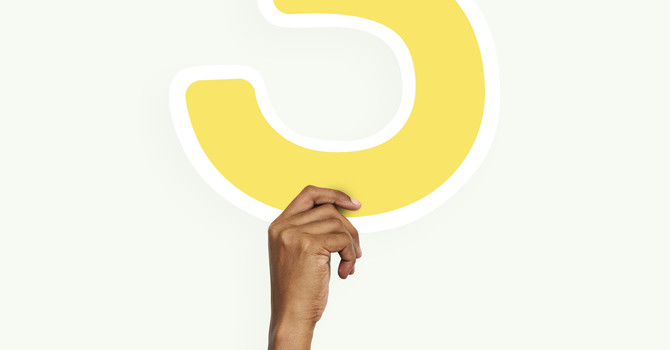
Choosing a therapeutic approach can feel overwhelming, especially when you’re already anxious. But the truth is, there’s no one-size-fits-all. The best therapy is the one that works for you and your unique needs. Here’s a breakdown to help you decide:
Cognitive-Behavioral Therapy (CBT):
-
Focus: Thoughts and behaviours
-
Best for: People who like structure, homework, and clear strategies
-
Approach: You'll learn to recognize unhelpful thoughts, gather evidence, and develop more balanced ways of thinking. Behavioural experiments help you confront fears safely and gradually.
-
Example: If you’re afraid of driving, CBT might guide you through gradual exposures: sitting in the car, starting the engine, driving a short distance, etc.
Acceptance and Commitment Therapy (ACT):
-
Focus: Psychological flexibility and values-based living
-
Best for: People feeling stuck in internal struggles or those who want a mindfulness-based approach
-
Approach: Instead of fighting thoughts, you learn to make space for them while staying grounded in your values.
-
Example: You might feel anxious before a job interview but still show up because it aligns with your value of growth and career fulfillment.
Internal Family Systems (IFS):
-
Focus: Parts work and internal healing
-
Best for: People with a history of emotional wounds or who are interested in deep self-exploration
-
Approach: IFS helps you get to know your anxious part and understand what it’s protecting. This can foster self-compassion and inner peace.
-
Example: You might discover that your anxiety is trying to protect a younger part of you that once felt helpless.
Many therapists integrate these models, so you don’t have to choose just one. What matters most is feeling safe, understood, and empowered.
Reflection: Which of these approaches speaks to you? It’s okay to try a few before finding the right fit.
.JPEG)
.JPEG)





